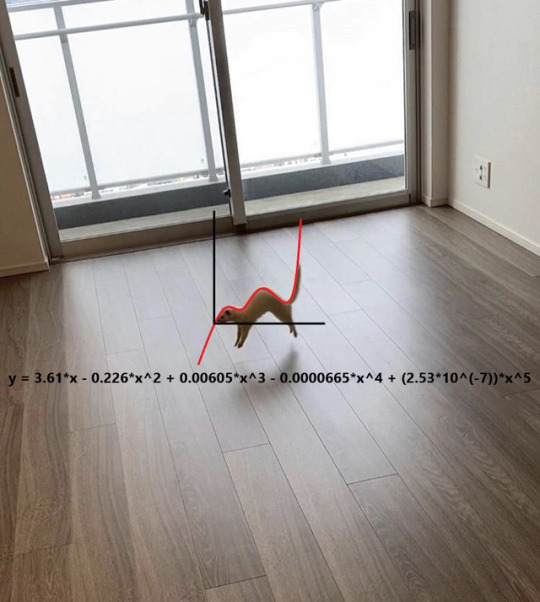#Mathematically
Note
Would Em and Asgore hang out? I just realised that they haven't really interracted... they on that same awkwardness that Anaya got?
they would hang but very much in the context of "oh hey Simone's boyfriend." asgore is awkward with fucking everybody, em is awkward with NObody. their dynamics therefore cancel each other out.
8 notes
·
View notes
Text
Watch "The Mathematical Problem with Music, and How to Solve It" on YouTube
youtube
#Youtube#music#music theory#musical practice#musical instruments#mathematics#puzzle#mathematically#mathematical puzzle#music and math#math and music
1 note
·
View note
Text


#statistics#memes#meme#lol#mathematics#mathblr#math#maths#relatable#relatable meme#relatable memes#dog meme#dog memes#this is fine meme#this is fine dog#funny#Twitter#Twitter meme#Twitter memes
58K notes
·
View notes
Text
You guys are never gonna believe what the name of this sculpture is
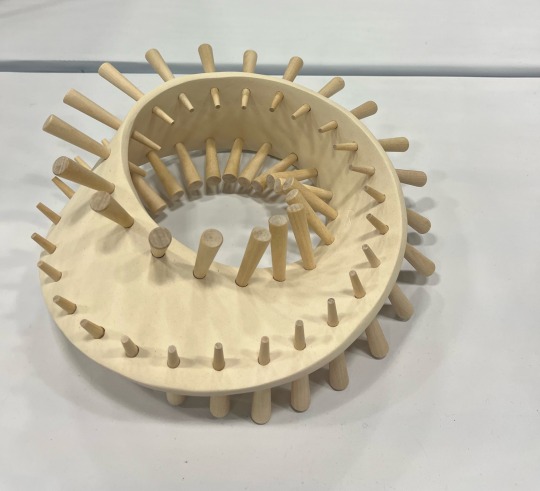

24K notes
·
View notes
Text
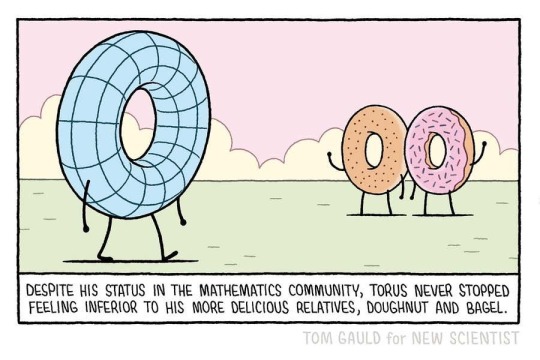
My latest New Scientist cartoon
12K notes
·
View notes
Text
There’s a lot of excellent examples of the difference between a million and a billion, but here’s my new personal favorite from a conversation I had today:
A million minutes ago was April 2021, the height of the COVID pandemic.
A billion minutes ago was November 121 CE, the height of the Roman Empire.
#Other favorite being the length of Manhattan in inches vs the distance between NYC and LA in inches#shut up e#mathematics
69K notes
·
View notes
Text
Cracking the Code: Mathematically Similar Triangles ABC and CDE
Triangles ABC and CDE are mathematically similar if their corresponding angles are equal and their corresponding sides are in proportion. This property is fundamental in geometry and is used in various calculations and real-world applications. Mathematically similar triangles exhibit identical shape but can differ in size, making them essential in solving problems involving proportions and indirect measurement. Here is my blog:https://lead-academy.org/blog/triangles-abc-and-cde-are-mathematically-similar/
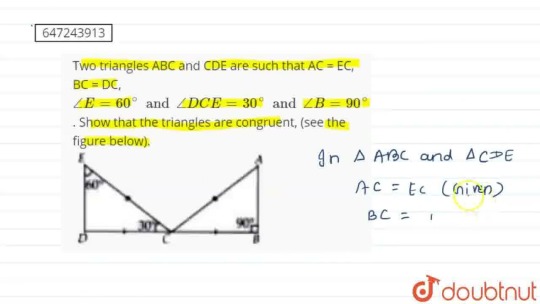
0 notes
Text

9K notes
·
View notes
Text
People on this site will put together polls like "The Banach-Tarski Paradox versus Camembert Cheese", then act like the results prove that they're surrounded by idiots.
9K notes
·
View notes
Text






i love studying. i love writing. i love reading. i love learning languages. i love doing mathematics. i love wandering over some particular sum and trying to come up with formulas to solve it. i love physics. i love biology. i love chemistry. i love history. i love literature. i love learning.
not to achieve the perfect grades ever. but it just amazes me that there's so much to know and learn and write and read about in the universe. my curiosity wouldn't get enough of it.
#random#aesthetic#literature#light academia#academia#academia aesthetic#dark academia#moodboard#shitpost#moodboards dark academia#moodboards aesthetic#aesthetic moodboards#my moodboards#my moodboard#moodboard aesthetic#dark academia moodboard#dark academic aesthetic#dark moodboard#romantic academia#academia moodboard#history#mathematics#science#knowledge#books#write#studying aesthetic#studyblr#chaotic academic aesthetic
7K notes
·
View notes
Text
We can all fit in this world mathematically!
Why are we so intolerant of one another and yet, we can all fit in this world mathematically?
When I say this, I mean it literally and metaphorically.
Photo credit: Guardian
This is a thought that crossed my mind on Sunday.
I believe it was after I had seen so much negativity and division amongst people of a given race and culture.
This prompted me to draw out my browser and calculator, to…

View On WordPress
0 notes
Text
Grad school quote of the day:
“Lovely man. They shouldn't let him teach.”
9K notes
·
View notes
Link
In the remote Arctic almost 30 years ago, a group of Inuit middle school students and their teacher invented the Western Hemisphere’s first new number system in more than a century. The “Kaktovik numerals,” named after the Alaskan village where they were created, looked utterly different from decimal system numerals and functioned differently, too. But they were uniquely suited for quick, visual arithmetic using the traditional Inuit oral counting system, and they swiftly spread throughout the region. Now, with support from Silicon Valley, they will soon be available on smartphones and computers—creating a bridge for the Kaktovik numerals to cross into the digital realm.
Today’s numerical world is dominated by the Hindu-Arabic decimal system. This system, adopted by almost every society, is what many people think of as “numbers”—values expressed in a written form using the digits 0 through 9. But meaningful alternatives exist, and they are as varied as the cultures they belong to.
Continue Reading
30K notes
·
View notes
Text

He's right tho
10K notes
·
View notes
Text
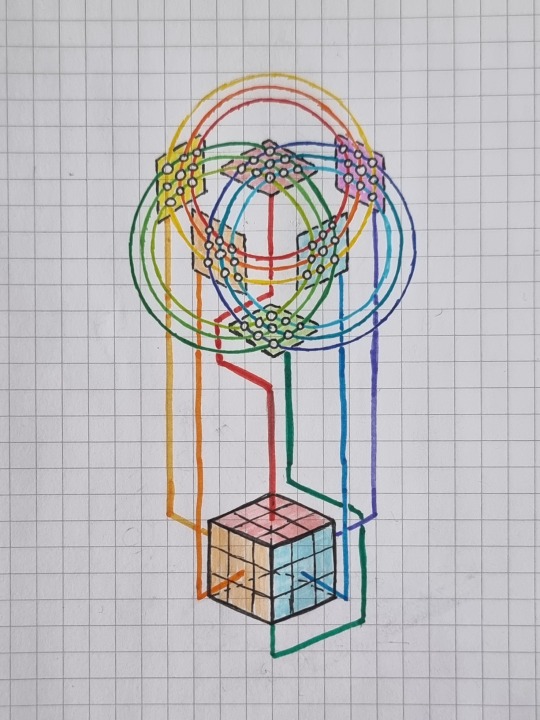
Visualization of the Rubik's cube
#permutation#permutations#groups#group theory#rubiks cube#rubikscube#math#mathematics#math visualization#visualization#knottys math#math stuff#mathy stuffy#cube#hexahedron#combinatorics
14K notes
·
View notes
